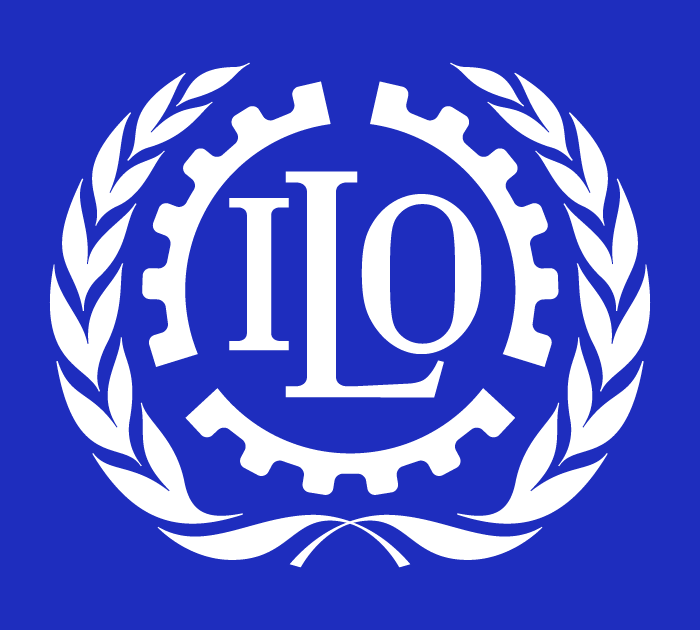The International Labour Organisation released its updated World Employment and Social Outlook on Wednesday, revealing a significant downgrade in its global employment forecast for 2025.
The report projects the creation of 53 million new jobs, a sharp reduction from the previously estimated 60 million, resulting in a shortfall of approximately 7 million jobs.
This revision translates to a drop in global employment growth from an anticipated 1.7 per cent to 1.5 per cent for the year. The ILO attributes this downgrade to a weaker global economic outlook, with global GDP growth now expected to reach only 2.8 per cent in 2025, down from an earlier projection of 3.2 per cent.
The revised economic growth estimate aligns with the International Monetary Fund’s April 2025 World Economic Outlook, which underpins the ILO’s latest employment projections.
The report highlighted additional pressures on global job markets, particularly due to rising trade tensions. According to the ILO, approximately 84 million jobs across 71 countries are directly or indirectly tied to U.S. consumer demand.
These jobs, along with the incomes they support, face increasing risks of disruption. The Asia-Pacific region is particularly vulnerable, accounting for 56 million of these jobs.
Meanwhile, Canada and Mexico are noted as having the highest share of jobs exposed to US demand fluctuations, with 17.1 per cent of their employment at risk.
The WESO update underscored the need for coordinated policy responses to address the interconnected challenges of economic slowdown and trade disruptions. The ILO called for measures to bolster job creation and protect vulnerable workers in regions most affected by these global economic shifts.
“We know that the global economy is growing at a slower pace than we had anticipated it would. Our report now tells us that if geopolitical tensions and trade disruptions continue, and if we do not address fundamental questions that are reshaping the world of work, then they will most certainly have negative ripple effects on labour markets worldwide,” said the ILO Director-General, Gilbert Houngbo.
“We can make a difference, and we can do so by strengthening social protection, investing in skills development, promoting social dialogue, and building inclusive labour markets to ensure that technological change benefits all,” Houngbo said.
The report also highlighted troubling trends in income distribution. The labour income share, which is the proportion of GDP going to workers, fell globally from 53.0 per cent in 2014 to 52.4 per cent in 2024.
Africa and the Americas experienced the largest declines. Had this share remained unchanged, labour income globally would have been US$1 trillion higher in 2024, or $290 more per worker in constant purchasing power terms. This erosion in the share of global income going to workers puts upward pressure on inequality and highlights a disconnect between economic growth and worker compensation.
The report pointed to a shift in employment towards high-skilled jobs. Women are leading this trend. Between 2013 and 2023, the share of women employed in high-skilled occupations rose from 21.2 to 23.2 per cent, while the proportion of men in high-skilled occupations was around 18 per cent in 2023.
Yet occupational segregation persists, with women underrepresented in sectors such as construction and overrepresented in clerical and caregiving roles.
And while educational attainment continues to rise worldwide, the labour market remains characterised by significant educational mismatches. As of 2022, only 47.7 per cent of workers held qualifications that appropriately matched their job requirements. The share of undereducated workers declined from 37.9 to 33.4 per cent over the past decade, but the share of over-educated workers increased from 15.5 to 18.9 per cent.
The report also addressed the effects of new technologies on the world of work. It finds that nearly one in four workers may find their jobs transformed by generative AI. A larger share of jobs in medium-skilled occupations have some degree of exposure, but a greater percentage of jobs in high-skilled occupations have high exposure, whereby existing tasks could potentially be automated by AI.
“The findings of this report on the employment landscape are sobering, but they can also act as a roadmap for the creation of decent jobs. We can make a difference, and we can do so by strengthening social protection, investing in skills development, promoting social dialogue, and building inclusive labour markets to ensure that technological change benefits all. And we must do so with urgency, ambition, and solidarity,” Houngbo explained.















